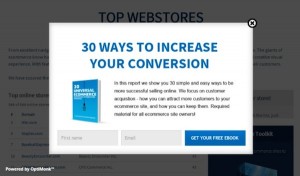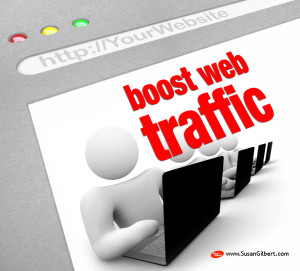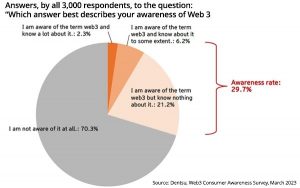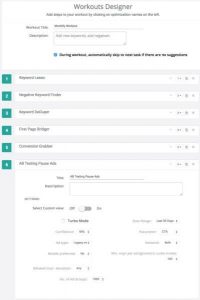
When it comes to hiring, small businesses have a thinner margin of error than their larger counterparts. The smaller the company, the more you need to ensure every employee gels with your culture and makes a positive impact on the organization.
The good news is reliably predictive pre-hire assessments provide these businesses with more valuable data about both their job candidates and their incumbents than a simple performance review, resume or job application can.
It is vital, however, that the pre-hire assessments are implemented properly to provide your company with the greatest value. Since every employee within your business has the opportunity to move the needle, using the right process to find the right fit can yield surprisingly significant operational results.
Hiring Staff for Small Businesses
Assessments can provide a big payoff for small business hiring by predicting a candidate’s likelihood of success in terms of customer satisfaction, increased sales revenue, and employee retention.
The trick for successfully implementing these assessments into your business’s talent acquisition process is knowing which tests to use.
When hiring staff for small businesses, you can’t overburden your applicants to the extent that they are less likely to complete the application process. At the same time, you want to obtain as much information as possible to make sound hiring decisions.
This makes your choice of pre-hire assessment solution a crucial first step. But in order to do this properly, you must determine what your hiring objectives are with the help of a job analysis:
- What skills must a successful job candidate have?
- What traits fit well with your company’s values and culture?
- What are your desired business outcomes (e.g., customer satisfaction, increased sales, retention, or something else)?
- What are the job’s key performance metrics, and are they clear, measurable, and under the direct influence of the employee?
Determining the answers to these questions will give you a better understanding of the type of data you need to create an efficient and effective small business hiring process.
When to Use Pre-Hire Assessments in the Talent Acquisition Process
Knowing at what stage of the talent acquisition process to implement pre-hire assessment is another crucial factor. Should you use these assessments right from the start? Wait until the interview process? Use them only for making the final hiring decision?
The truth is that while pre-hire assessments are incredibly effective at speeding the hiring process along, they provide value throughout each stage of the hiring process:
- Quickly Narrowing the Candidate Pool: Assessments that evaluate traits such as critical thinking, personality, and problem-solving can help hiring managers to filter out candidates that would not be a good “fit” for the company. The assessment results also can predict future job performance or identify potentially toxic employees. Implementing this type or pre-hire testing at this stage can make the decision-making process more manageable for you HR team.
- Finding the Cream of the Crop: Once the initial stage has narrowed down the candidate pool, you can reevaluate the data to create a list of candidates to interview. You also can use additional pre-hire assessments that evaluate technical skills. This will let you know if the candidate has the right skills to handle the job and to ensure that their skill set matches their resume. You can implement a technical skills assessment at the initial stage or during the interview process.
- Linking Assessments to Candidate Success: With the help of workforce scientists, you can determine how effective your assessments are and track their impact on your business. Assessments used both during the hiring process as well as after an employee has been hired can help continually measure employee performance.
- Smoothing Transitions: In an increasingly dynamic employment environment, the nature of a role in a small business can change over time, and it is critical to ensure the current incumbent has the skills necessary to assimilate to those changes. Integrating assessments throughout the talent lifecycle allows businesses to ensure both candidates and current employees possess the skills, abilities, and motivations to perform optimally.
With a clear understanding of your business outcomes, job requirements, key performance metrics, and the ideal assessment profile, your company can create a recruiting strategy that efficiently identifies high-potential candidates.
Business & Finance Articles on Business 2 Community(76)
Report Post






